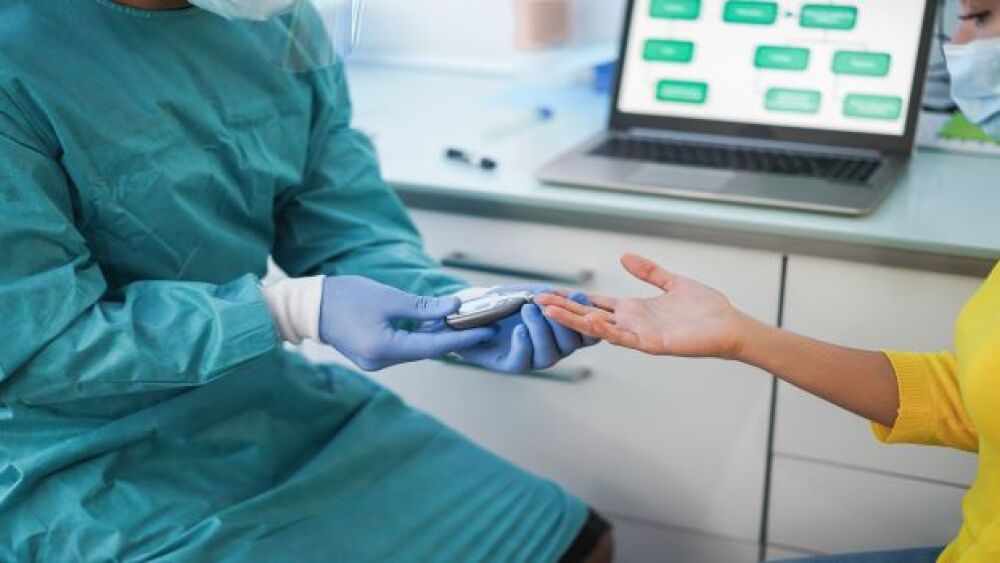Provention Bio secured a $125 million loan from Hercules Capital that will support operations and the potential launch of the company’s type 1 diabetes treatment, teplizumab.
Provention Bio secured a $125 million loan from Hercules Capital that will support the anticipated launch and infrastructure of its type 1 diabetes treatment, teplizumab, the company confirmed to BioSpace Thursday.
Thierry Chauche, chief financial officer of Provention, said in a statement the loan strengthens the company’s balance sheet and provides flexibility ahead of the anticipated launch of teplizumab. Investors appeared happy with the news, as share prices rose more than 6% in premarket trading.
Provention has already received the first $25 million tranche, according to the announcement. Another $40 million will be made available to the company based on regulatory approval of teplizumab. The remaining money will be made available upon satisfaction of certain conditions, including the achievement of certain milestones.
Bryan Jadot, senior managing director and life sciences group head at Hercules Capital, said the financial commitment “aims to help Provention Bio deliver on their important mission to improve the lives of people at risk for type 1 diabetes.”
Teplizumab, an anti-CD3 monoclonal antibody, was developed to delay clinical type 1 diabetes mellitus. More than 1.6 million Americans are diagnosed with this rarer form of the disease. Currently, no disease-modifying treatment targets the underlying causes of Type 1 diabetes.
History of Delays
New Jersey-based Provention initially expected the FDA to decide on the potential approval of teplizumab last month. However, in June, Provention announced the regulator extended the PDUFA date to Nov. 17.
As BioSpace previously reported, the delay occurred following a request from the FDA seeking additional data regarding the monoclonal antibody. At the time, Provention said the response it provided to the regulatory agency amounted to “a Major Amendment to the BLA resubmission,” which necessitated additional time for the agency’s review.
The clinical basis for the BLA submission is based on data from the pivotal TN-10 study. That study showed a single 14-day course of teplizumab delayed insulin-dependent, clinical-stage disease by a median of at least two years in presymptomatic patients with Stage 2 type 1 diabetes compared to placebo.
The Nov. 17 PDUFA date won’t be the first time Provention has gone to the FDA seeking approval of teplizumab. In July 2021, the FDA issued a Complete Response Letter for the drug. The rejection focused on a low-dose pharmacokinetic/pharmacodynamic (PK/PD) bridging study in healthy volunteers.
In that study, teplizumab did not demonstrate PK comparability. Since this was a primary endpoint, the FDA said it needed to be established. After addressing that issue, Provention resubmitted its BLA earlier this year.
In August, Kevan Herold, a doctor at Yale University and chairman of the Teplizumab Prevention Study, presented clinical data showing the monoclonal antibody delayed type 1 diabetes a median of two years in high-risk children and adults.
When the data was announced, Herold said the findings were the first to show such a delay, BioSpace reported at the time. The data showed that 72% of people in the control group developed clinical diabetes, compared to only 43% of the patients in the teplizumab group.





